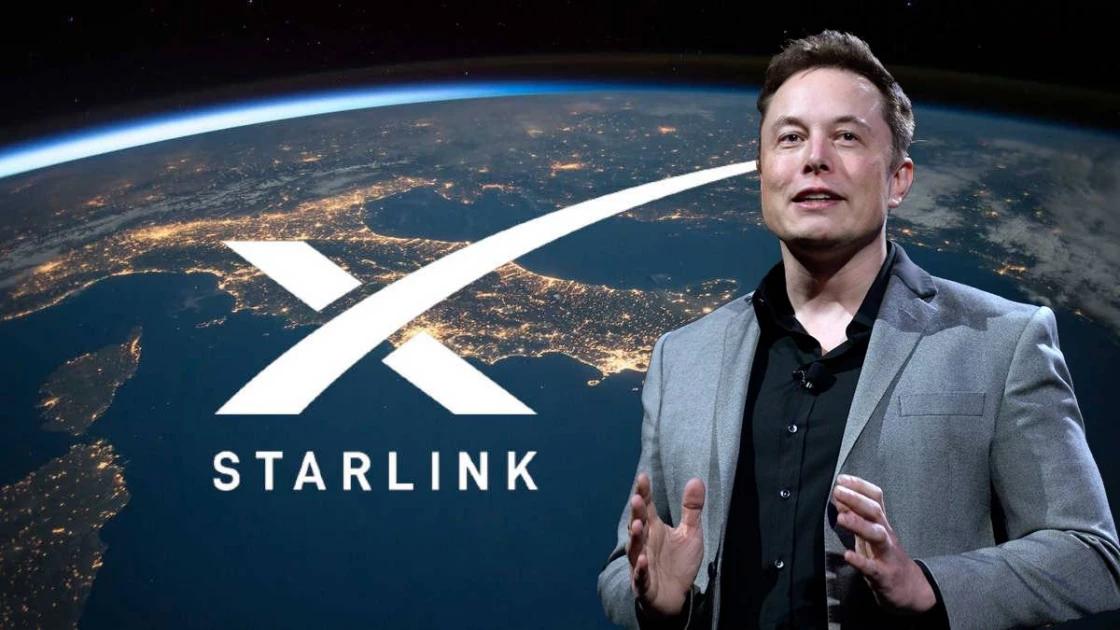The Namibian government has cited “confidentiality and non-disclosure agreements” as reasons for not answering questions about private meetings in Windhoek last month involving investors from Germany. A lawmaker said he would not be surprised if these meetings result in hydrogen being dished out to children of politicians.
The Namibia Investment Promotion and Development Board (NIPDB) hosted the meeting held on 24 and 25 July that was attended by politicians, government officials and chief executive officers of international corporations.
The agenda of the meeting was to discuss an initiative, baptised as the Erongo Green Industry Development Project, which is a plan to develop a green industrialisation industry in the Erongo region.
This includes initiatives such as manufacturing, assembly of solar cells, electrolyser components, hydrogen engines, synthetic fuel and distribution technology.
Government sources familiar with the meetings said the investment board estimates the project value at close to N$298 billion. Those who attended that meeting include German company DSE Green Technologies, which is part of an international consortium of more than 20 technology and engineering companies, including global manufacturers Robert Bosch GmbH, commonly known as Bosch.
A programme of that meeting shows that it was attended by DSE’s founders, represented by board members Bertram Lohmüller and Joachim Winterstein, while Bosch was represented by its Africa president Markus Thill.
The NIPDB team was led by its CEO Nangula Uaandja and NIPDB executive director of investments, François van Schalkwyk.
In recent months, there have been reports that the government has been negotiating deals with foreign investors without the public’s knowledge or input.
Popular Democratic Movement (PDM) leader McHenry Venaani yesterday said his office has not been briefed about the Erongo green industrialisation deal.
“We have not been informed and our position is clear that the government is running the green industry as a secrecy plan,” he said.
DSE allegedly told the investment board that it plans to pump money through a local supplier equity fund to support small and medium businesses.
“We can only suspect that it is a secrecy plan because they are lining up downstream companies that are benefiting certain people,” said Venaani.
Venaani said they have asked questions to the government and have received no answers.
“We are now trying to get answers through parliament. We will consider litigation if we don’t get answers. I will not be surprised if children of certain people have already been lined up to be the downstream distributor of green hydrogen.”
Among the key points discussed at the July meeting is an agreement on what to say to the media and announcement protocols. The meeting also discussed the identification of resource requirements phases such as land, water, waste, grid access, road and rail.
Other companies in the consortium include the Heraeus Group, a family-owned technology company, headquartered in Hanau, Germany and Nel ASA, a Norwegian company with a special focus on hydrogen.
The consortium aims to see the project become a leading hub in the development and production of green technologies, materials, equipment and components in the southern hemisphere.
The proponents are claiming that the project will create 20 000 jobs.
Solarlite CSP Technology GmbH founder and CEO Joachim Krüger represented the company. Project manager: UN Climate Change Global Innovations Hub Massamba Thioye was also in attendance.
Global Enterprises was represented by its CEO, Mohamad Elsamad. Heraeus Precious Metals was represented by its executive president Phillip Walter.
Nigeria-headquartered financial institution African Export-Import Bank (Afreximbank) was represented by president and chairperson of the board of directors Benedict Oramah. Afreximbank director & global head, client relations Rene Awambeng was also part of the meeting.
The Namibian reached out to all individuals mentioned in this article over a span of two weeks, yet received no responses from any of them.
NIPDB has refused to provide details about the meetings, including the names of the participants or the topics that were discussed.
“Typically, during this process, classified and sensitive business information is shared with NIPDB in order to facilitate the provision of required services. Our approach to these endeavours is anchored in the ethos of confidentiality,” NIPDB spokesperson Catherine Shipushu told The Namibian on Friday.
She added that as a matter of principle, NIPDB signs non-disclosure agreements, specifically aimed at safeguarding the proprietary information of our stakeholders, which may be worth billions of dollars in value.
Shipushu said NIPDB continuously engages with a multitude of project developers, promoters, potential investors and/or financiers that have expressed interest in investing in Namibia
“In this regard, NIPDB provides a wide spectrum of services, ranging from requests for specific sectors or business climate information, facilitation of key meetings or assistance with visa applications, all of which form part of our mandate,” she said. The debate around the green hydrogen industry has been dogged by concerns of secrecy over the green hydrogen project.
Arandis Town Council mayor Risto Kapenda yesterday confirmed the meeting.
“I am aware of the green industrialisation project. I have been in several meetings and I think it will not just benefit Arandis or Namibia, but the whole of SADC (the Southern African Development Community) too,” he said.
OPPOSITION PARTIES FEEL EXCLUDED
The green hydrogen industry has been criticised by Namibians and members of parliament, including lawmakers from the Landless People’s Movement (LPM).
Its parliamentarian Henny Seibeb condemned the secrecy surrounding the green hydrogen project earlier this year.
Seibeb said the public learned about the government’s efforts to develop a green hydrogen industry mostly through the media.
“This thing of hiding information and only passing it through families, friends and acquaintances must stop. Nepotism must stop in this country,” he said.
Seibeb’s colleague, LPM councillor Joseph Isaacks, was also critical of the green hydrogen project.
“We are excluded, we are not at peace,” he said earlier this year.
President Hage Geingob later appointed Isaacks on the Green Hydrogen Council.
Isaacks told The Namibian yesterday that he was on his way to Erongo region to hear more about the green industrialisation project.
“I have heard about it, but I don’t have much more information. I will be having meetings on Wednesday including with some officials from the Erongo Regional Council,” he said.
Stay informed with The Namibian – your source for credible journalism. Get in-depth reporting and opinions for
only N$85 a month. Invest in journalism, invest in democracy –
Subscribe Now!












